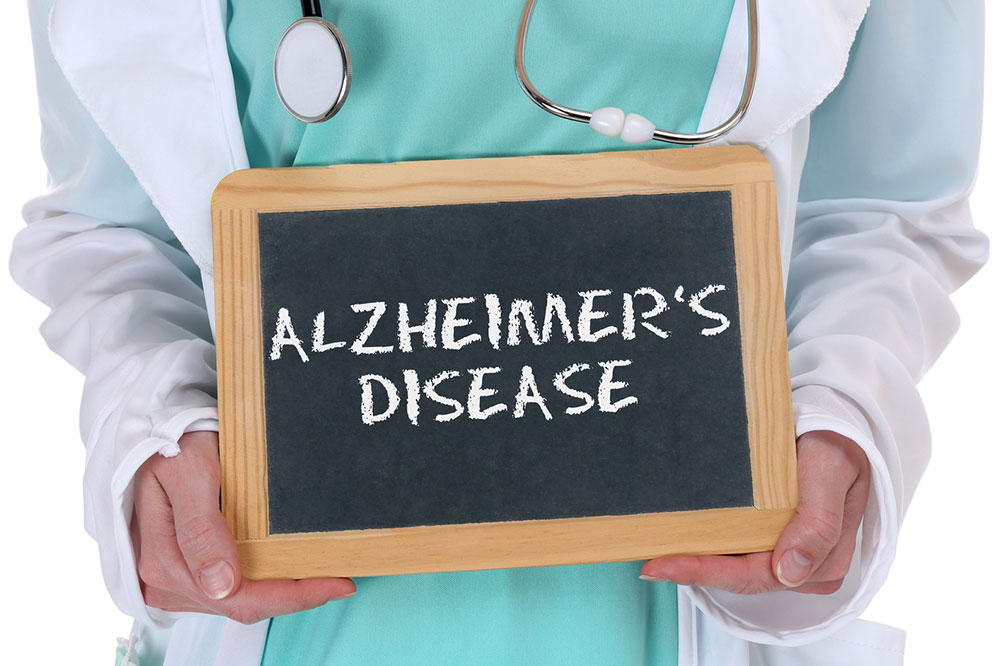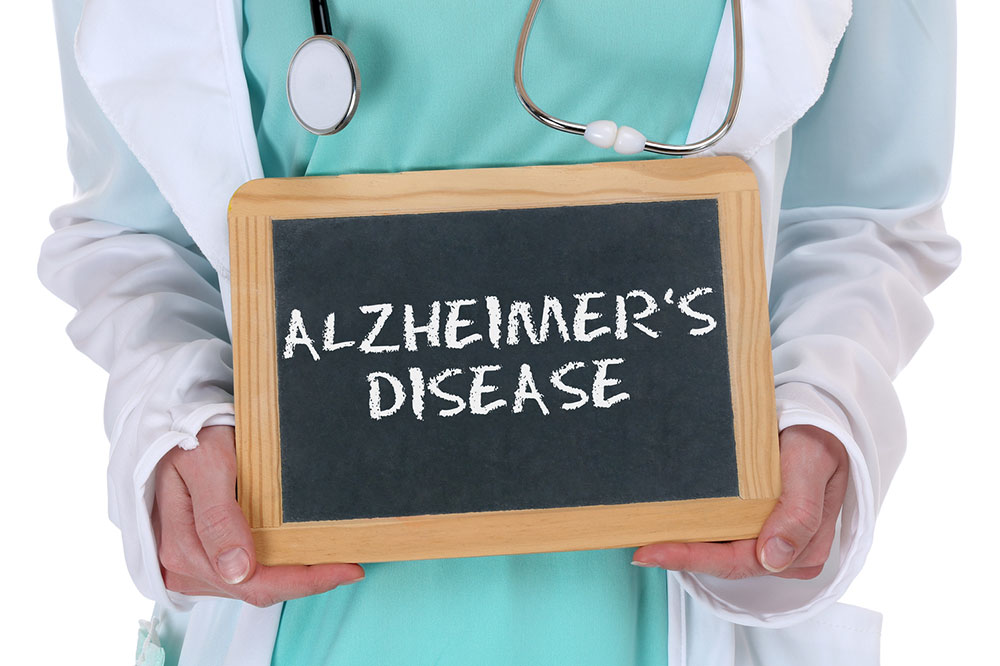Understanding Alzheimer’s Disease: Key Questions Answered
Discover key insights into Alzheimer’s disease, including its causes, symptoms, diagnosis, stages, and management options. This comprehensive overview helps deepen understanding of this progressive neurodegenerative disorder, emphasizing the importance of early detection and symptom management to improve quality of life.

Understanding Alzheimer’s Disease: Key Questions Answered
Alzheimer’s disease, a prevalent form of dementia, is a progressive and debilitating condition impacting the brain and motor functions. It gradually advances, affecting areas responsible for language, cognition, and memory. Early stages typically involve mild memory issues, while late stages can result in loss of speech, mobility, and independence. Here are some frequently asked questions about Alzheimer’s to help better understand this complex disease.
What causes Alzheimer’s?
While the exact cause remains unknown, several factors might influence its development. Age is a significant risk factor, along with family history, which can involve inheriting genetic predispositions. Other influences include high blood pressure, cardiovascular conditions, and elevated cholesterol levels.
The precise cause of Alzheimer’s has yet to be determined. However, various risk factors increase susceptibility, notably advanced age and genetic inheritance. Additional contributors may include hypertension, heart-related illnesses, and high cholesterol, all potentially elevating risk levels.
What are typical symptoms?
Initial signs usually involve memory decline. As the disease progresses, behavioral, personality, and mood changes are common. Individuals may struggle with judgment, frequently misplace objects, and find it difficult to retrace their steps. Rapid memory loss disrupts daily routines, and tasks like managing bills or handling finances become challenging. Mental health issues such as depression can also emerge.
Other symptoms include difficulty in performing routine activities, speech problems, and reduced social interactions. These symptoms worsen with time, impacting overall quality of life.
How is Alzheimer’s diagnosed?
Diagnosis often involves evaluating symptoms, medical history, and family background. Neurological assessments—including testing reflexes, senses, and balance—are standard. Advanced diagnostics like genetic tests, MRI or CT scans, and blood panels may be employed to rule out other conditions with similar symptoms.
What stages does Alzheimer’s go through?
Alzheimer’s progresses through several stages. The preclinical stage occurs before symptoms appear. Mild cognitive impairment follows, with early signs emerging. The final, severe stage is dementia. The Alzheimer’s Association defines seven stages, ranging from no impairment to severe decline. Most diagnoses happen during early or mild Alzheimer’s.
Are there treatments available?
Currently, there is no cure for Alzheimer’s. Management focuses on therapies and medications aimed at alleviating symptoms, maintaining cognitive functions, and slowing disease progression. Treatments also help manage behavioral challenges and improve patient quality of life.










